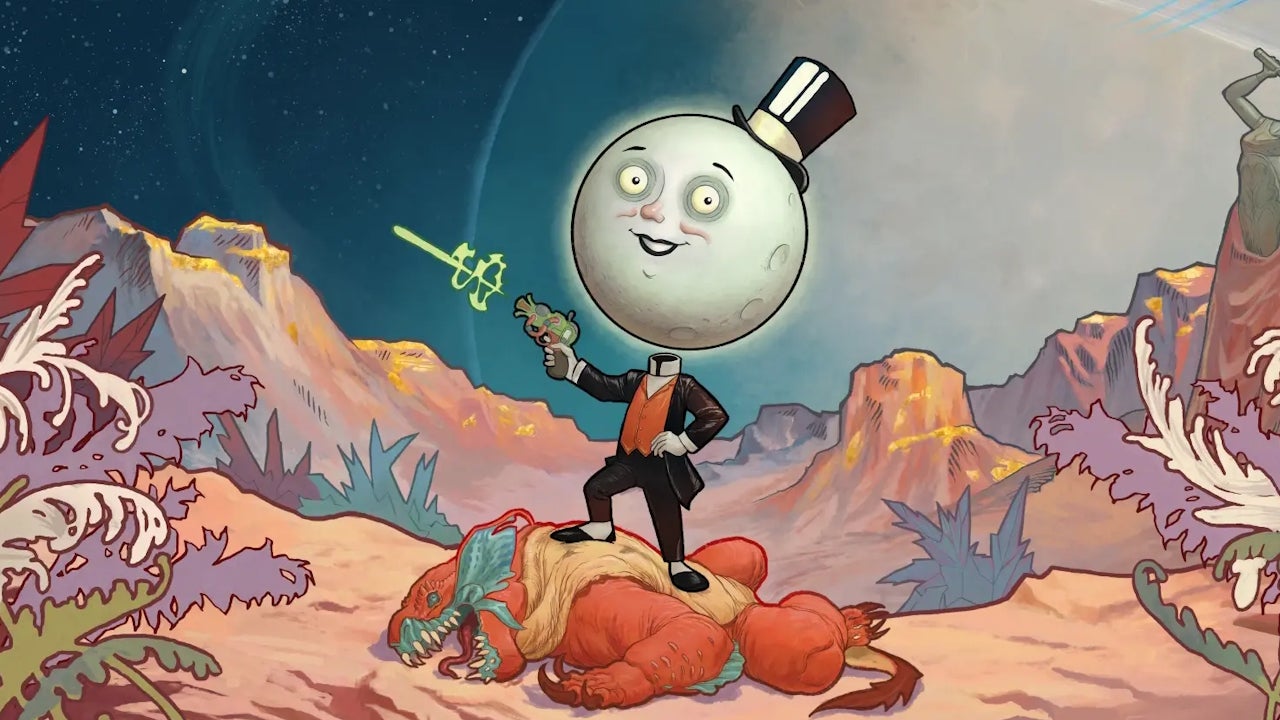The recent review of The Outer Worlds 2 by a prominent figure in the gaming industry has stirred quite the conversation. Daniel Vavra, the co-founder of Warhorse Studios and the creative mind behind the Kingdom Come: Deliverance series, has expressed his candid opinions on Obsidian’s latest sci-fi RPG.
A Critical Review of The Outer Worlds 2
Vavra, known for his work in the RPG genre, shared his thoughts on social media after completing the game. He awarded The Outer Worlds 2 a score of 7/10, a respectable rating, but his comments went beyond the score. He lamented that Obsidian, despite its history of groundbreaking games like Fallout: New Vegas and with the financial backing of Microsoft, has not introduced any innovative game mechanics in this sequel. This, he argues, leaves the game feeling dated compared to classics like Deus Ex and the original Fallout games.
In his full review, Vavra comments: “Finished. 7/10. But what I find sad is that the company and the people who gave us one of my favorite games ever have been unable, even after 15 years and with all of Microsoft’s money and latest technological advances, to introduce a single new game mechanic that could push this proven but ancient formula forward.” He challenges players to identify any new mechanics in The Outer Worlds 2, questioning if there’s anything fresh compared to games from over two decades ago.
The Flaw System and Player Dialogue: Fresh or Familiar?
Vavra’s critique has led to discussions about specific features in The Outer Worlds 2, such as its Flaw system. This mechanic introduces perks that benefit players while also imposing drawbacks, a concept some argue is a novel twist in the RPG genre. However, Vavra counters that similar systems existed in older games, dubbing it “nothing new.”
Despite Vavra’s skepticism, many players appreciate the Flaw system for its impact on gameplay and the unique way it’s unlocked. The system reacts to player actions, offering perks like the Bad Knees Flaw, which enhances crouch walking at the cost of noise upon standing. This dynamic aspect of the game adds a personalized touch to the RPG experience, reminiscent of having a dungeon master orchestrating the narrative behind the scenes.
The game also offers an innovative approach to dialogue, allowing players to unlock special conversation options by gathering and utilizing discovered information, adding depth to interactions. This encourages a more exploratory style of play, enriching the storytelling experience.
Vavra’s commentary continues with a call for a more immersive and nonlinear world, expressing disappointment in what he sees as a static gameplay environment filled with predictable elements like loot boxes and loading screens, lacking the dynamic simulation found in other expansive RPGs.
Obsidian’s Approach to Game Development
Obsidian, one of Microsoft’s prolific studios, has been clear about its development strategy. With multiple game releases this year, including Avowed and Grounded 2, the studio has focused on creating manageable and enjoyable game experiences rather than pursuing large-scale, open-world projects akin to Bethesda’s RPGs. This direction highlights Obsidian’s commitment to crafting unique gaming experiences within its own stylistic niche.
The resources from Microsoft, while substantial, come with business realities that reportedly pressure Xbox studios to maintain profitability, balancing ambition with practical development costs. This financial dynamic affects the scope of projects and the innovative potential of new titles under the Xbox Game Studios umbrella.
Vavra’s remarks have sparked a lively debate in the gaming community about Obsidian’s direction and the expectations for its future releases. The studio has expressed interest in creating sequels and developing new intellectual properties, rather than revisiting past successes like Fallout: New Vegas 2, marking a clear path for its evolving identity in the gaming industry.
